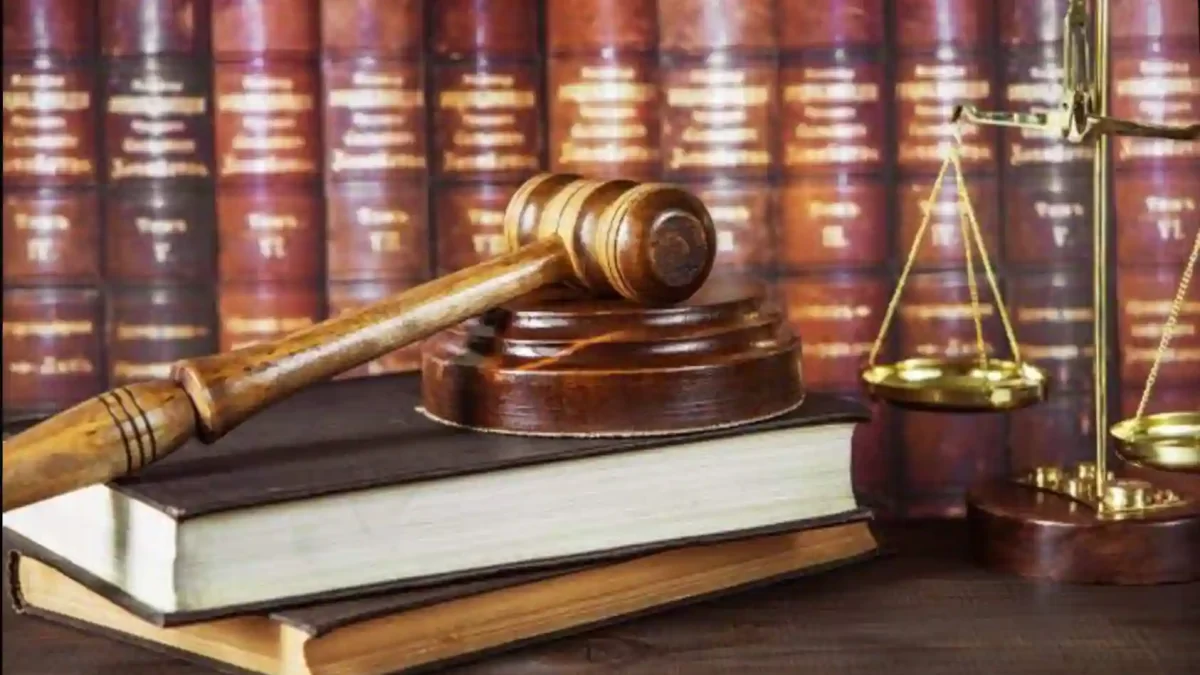You have to be ready to respond to inquiries about what transpired at a disciplinary hearing. Make sure you seek help from Lento Law Firm.
Inquiries for you
Ask your parents, friends, or anyone you trust questions about what occurred that evening. When you respond, ask them to describe their impression of how you behaved.
With experience, your capacity for handling inquiries will increase. Testifying in a hearing is no different from playing a soccer match or singing in a musical—you would not do either without preparation.
Have individuals pose the most challenging inquiries to you. Consider the case’s most challenging aspect as you ponder. If you are asked questions that you were not planning on, you will do better. You will be forced to slow down and consider what happened in new ways. When you are practicing, you like to be challenged when you are in the present.
If someone is keeping an eye on your responses to questions, you will also benefit. Make sure your tone is consistent from when you make your remark to when you respond to the question. Going from being sympathetic and understanding in your statement to being hostile and combative when the questions are posed can be fatal.
Points to ask your accuser.
You will probably get the opportunity to interrogate your accuser. In general, there are some inquiries you should be sure to ask and others you should steer clear of. It is reasonable to inquire about this if the accused voluntarily entered your room and cannot possibly refute it. In general, if any questions will help you learn more about the story—as long as she can not say anything hurtful—ask them.
There are two questions you should avoid asking.
- Avoid permitting the accuser to explain their side.
Avoid posing inquiries that might leave you vulnerable. In other words, ask questions that make your accuser stick to the facts and not her justifications for the facts. Asking her why she did things will not get you anywhere; refrain from doing so.
- Avoid questions regarding your strong evidence.
Second, avoid posing questions that might enable your accuser to disprove any favorable evidence. Do not ask any inquiries about your texts if you have excellent ones that prove your innocence. Do not question her why what she’s claiming contrasts with what three witnesses who saw her at the party that night claimed she seemed to be absolutely sober. Wait until your concluding remarks to convince the panel of these points.
Related posts
Categories
Recent Posts
Tags
Calendar
| M | T | W | T | F | S | S |
|---|---|---|---|---|---|---|
| 1 | ||||||
| 2 | 3 | 4 | 5 | 6 | 7 | 8 |
| 9 | 10 | 11 | 12 | 13 | 14 | 15 |
| 16 | 17 | 18 | 19 | 20 | 21 | 22 |
| 23 | 24 | 25 | 26 | 27 | 28 | 29 |
| 30 | ||||||

